Swiss scientists have studied how pollination and pollinators are affected by artificial light.
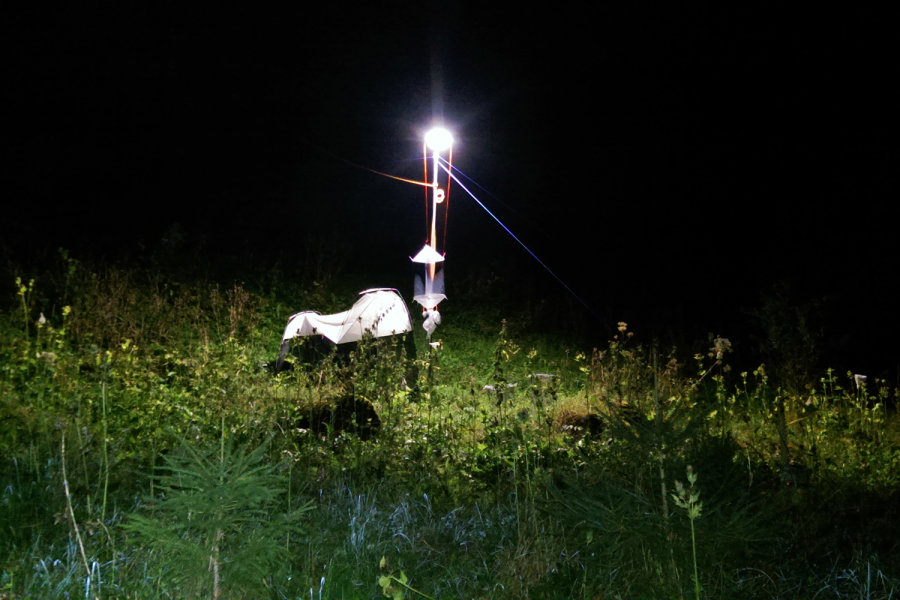
Credit: © UniBE/Maurin Hörler
We, humans, tend to appreciate that street lights turn on when it gets dark outside, but nature might not appreciate it just as much.
As the world becomes more and more illuminated by artificial light, Swiss researchers have studied how pollination of flowers is influenced by light pollution.
In the study, the researchers looked at both illuminated and unlit fields with flowers and noticed that there were 62 percent fewer pollinators that visited the flowers when there were lamps nearby. The insects appeared to be drawn to the light instead of visiting the flowers at night.
The next step was to examine a specific flower, in particular, the cabbage thistle. When it was exposed to artificial light during the night, the thistle had poorer seed production even though it had the same amount of insects on a visit during daytime.
The loss of nocturnal flower visitors leads to a reduction of the fruit set of plants. The underlying mechanisms are still unknown — a possible explanation could be that the plants have a fitness advantage thanks to the nocturnal pollinators, and therefore provide more nutrition for the diurnal pollinators.
The researchers argue that artificial light at night might also affect the reproduction of the flowers for the rest of the day. Therefore, poor pollination during the night cannot be compensated during the day.
Reference:
Knop et al., “Artificial light at night as a new threat to pollination“, published August 2, 2017 in Nature, doi: 10.1038 / nature23288



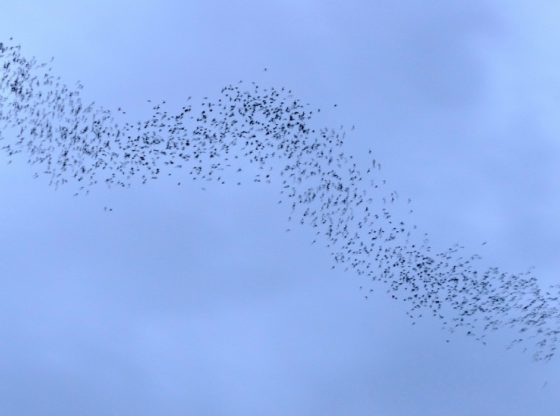
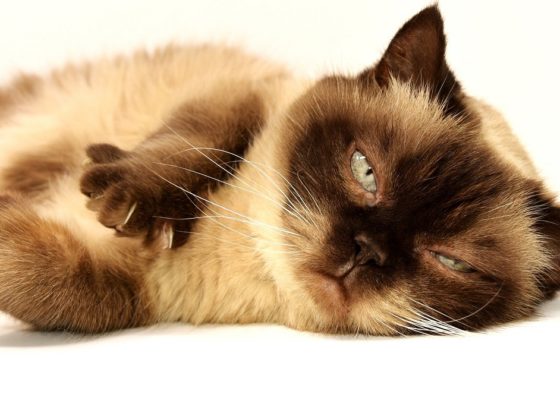
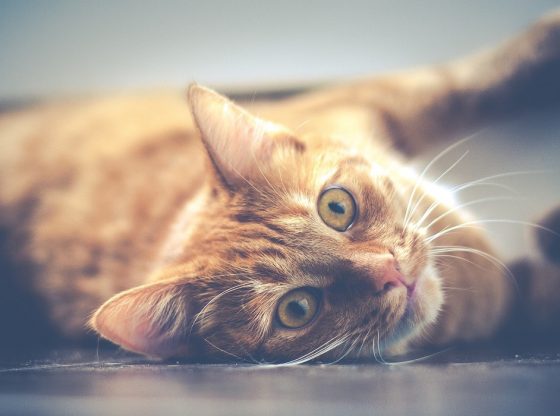
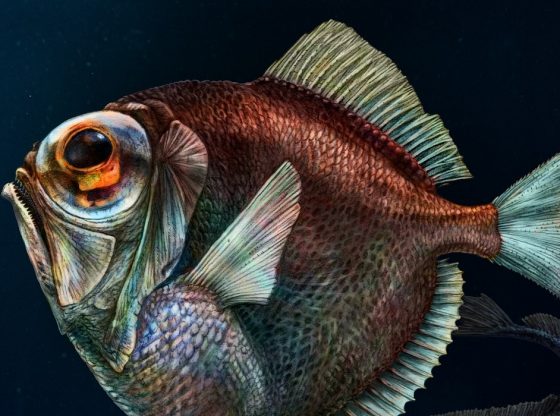
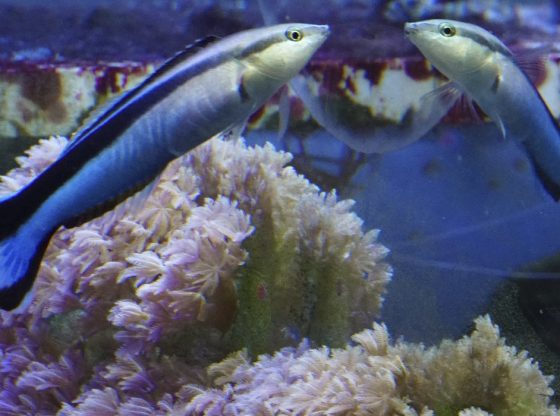

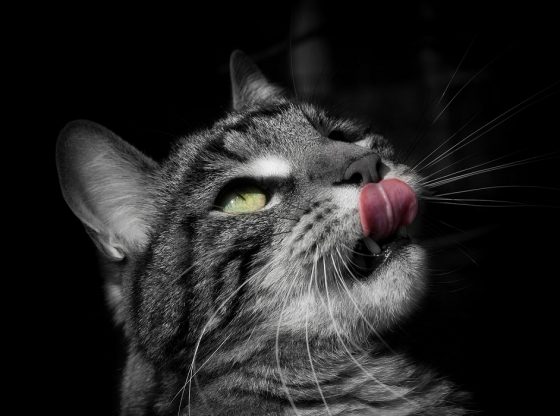

![OpenAI. (2025). ChatGPT [Large language model]. https://chatgpt.com](https://www.illustratedcuriosity.com/files/media/55136/b1b0b614-5b72-486c-901d-ff244549d67a-350x260.webp)
![OpenAI. (2025). ChatGPT [Large language model]. https://chatgpt.com](https://www.illustratedcuriosity.com/files/media/55124/79bc18fa-f616-4951-856f-cc724ad5d497-350x260.webp)
![OpenAI. (2025). ChatGPT [Large language model]. https://chatgpt.com](https://www.illustratedcuriosity.com/files/media/55099/2638a982-b4de-4913-8a1c-1479df352bf3-350x260.webp)








